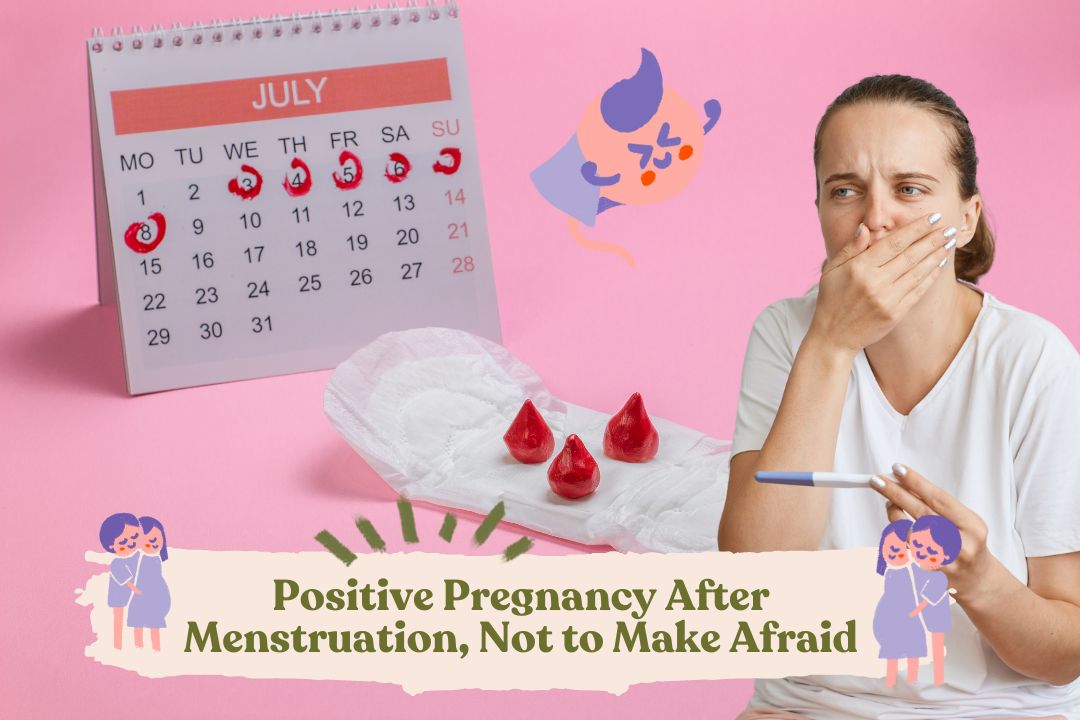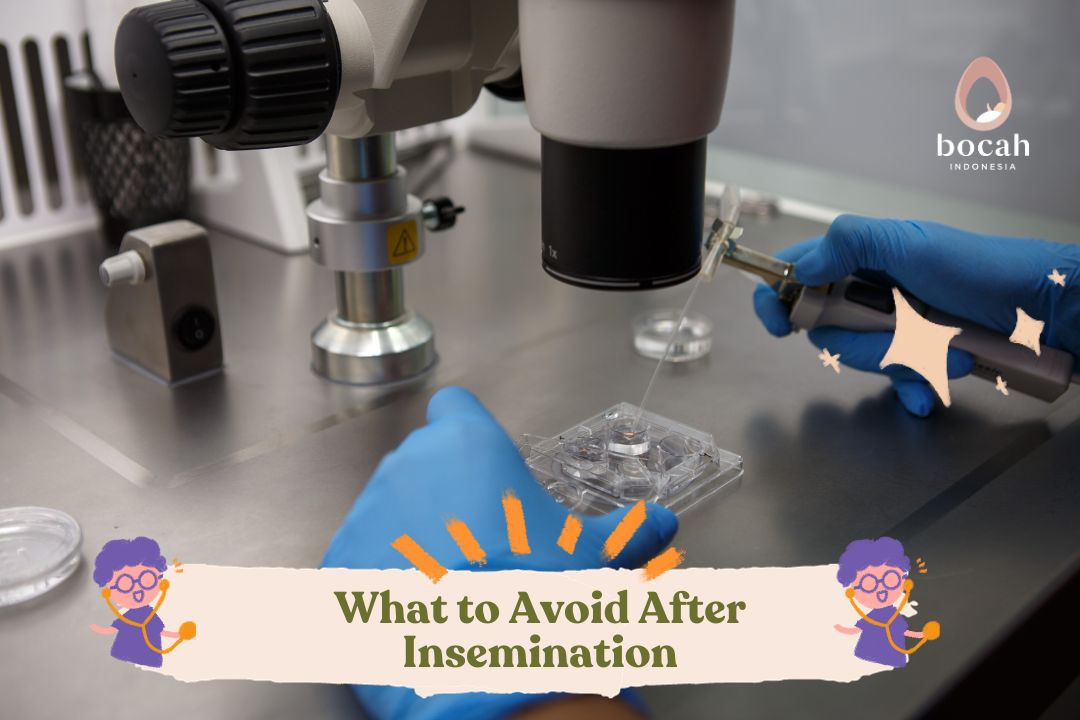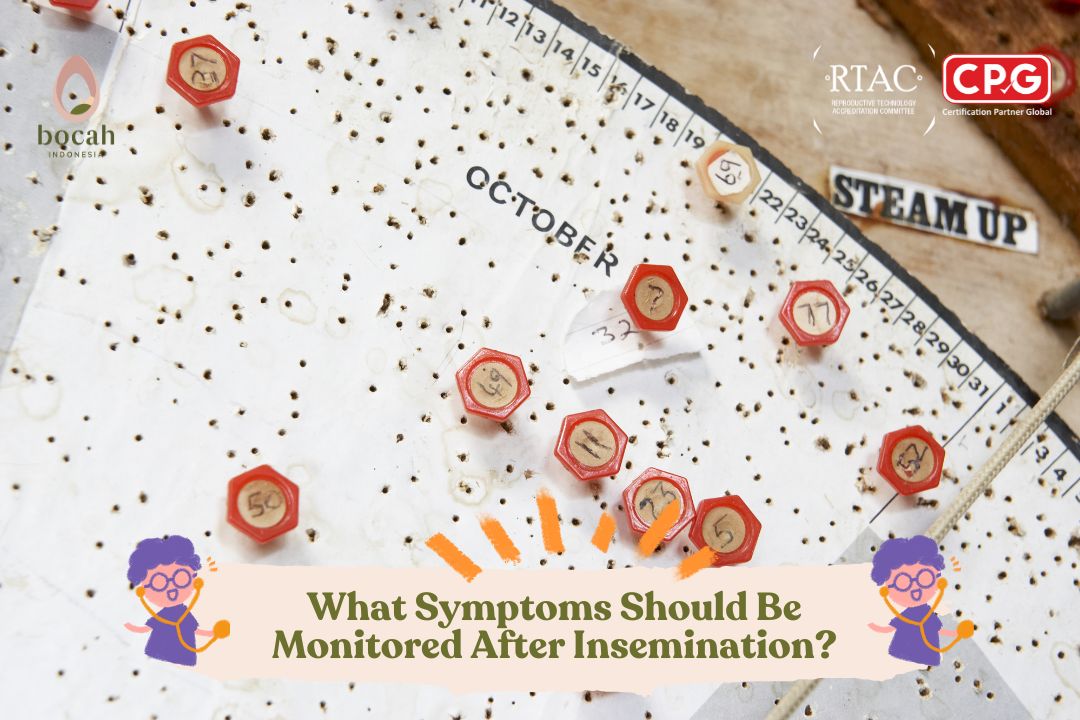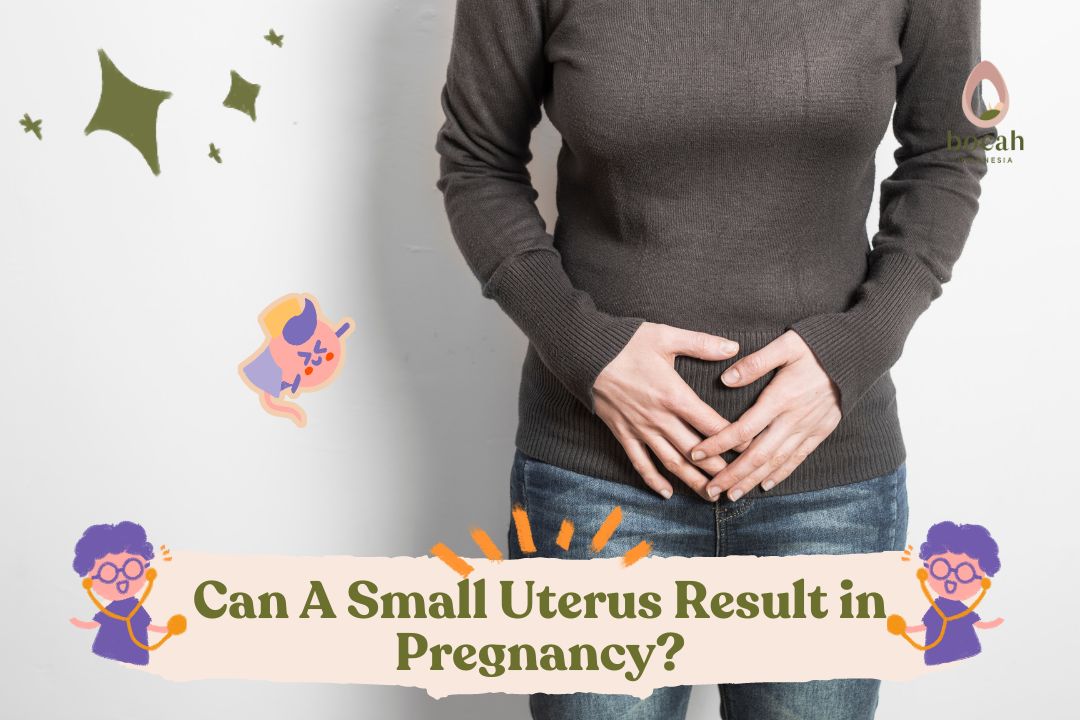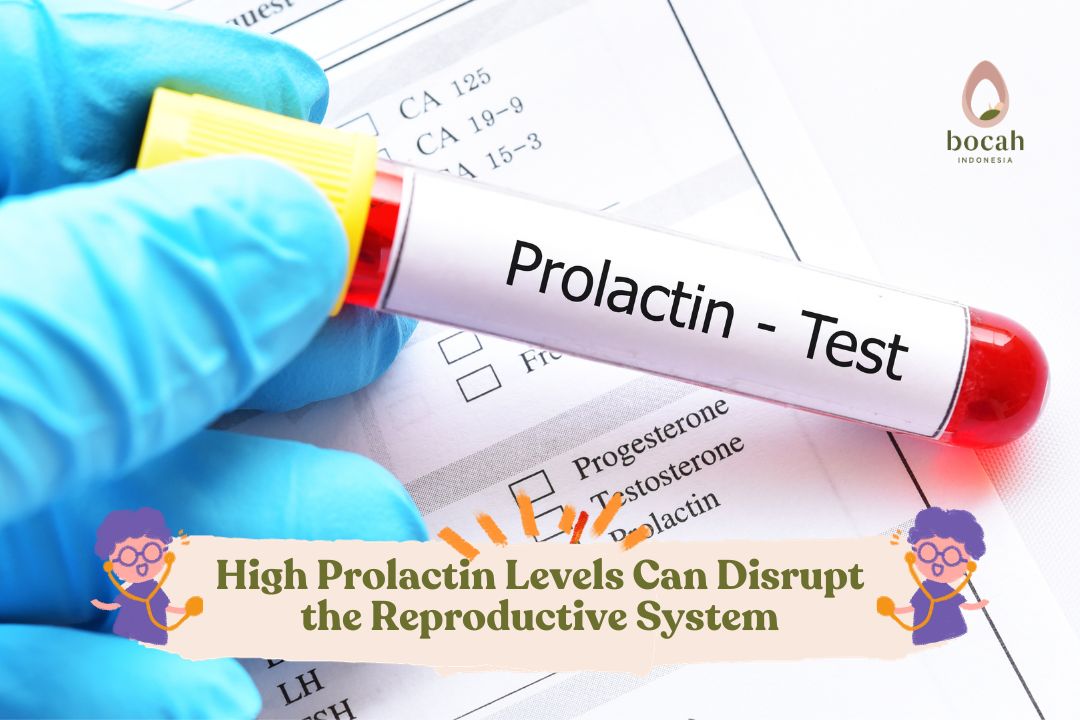Can Conceiving Occur After Urinating Post-Intercourse?
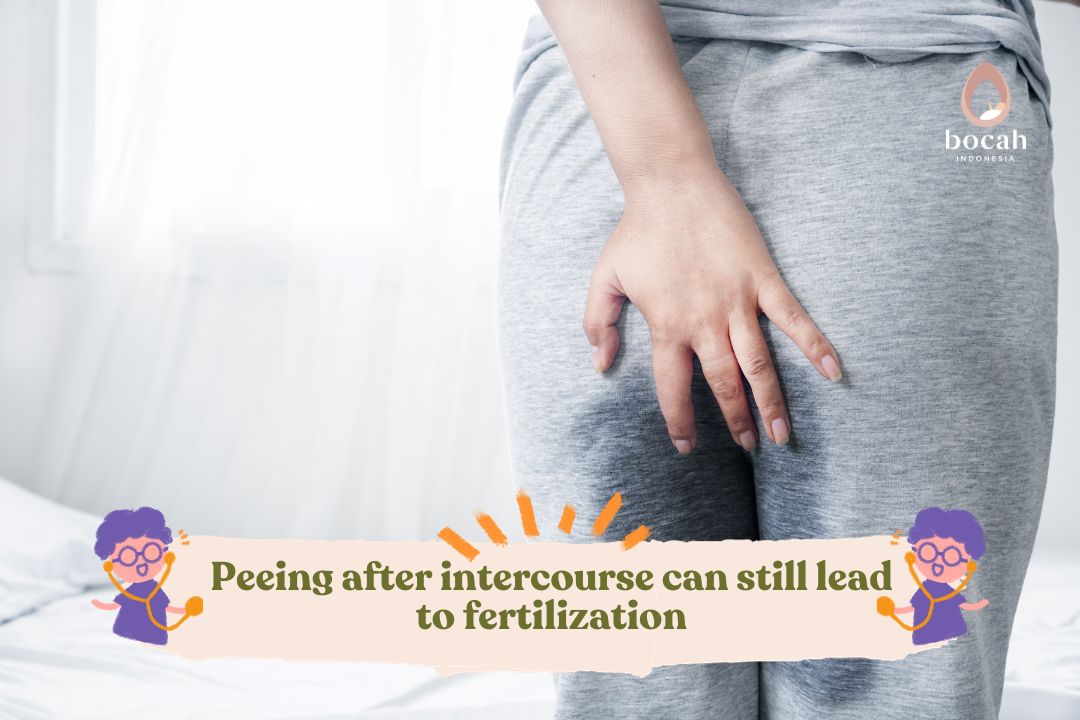
Urinating after intercourse is often questioned by many couples if it can still lead to pregnancy or not.
Have you ever wondered if urinating after intercourse can prevent pregnancy? In fact, urinating after intercourse is recommended.
Some mandatory ‘rituals’ to be performed after sexual intercourse include washing hands, cleaning the intimate organs of both men and women, and wearing loose and comfortable clothing. These actions are taken to maintain intimate hygiene and prevent the spread of bacteria and viruses.
The Importance of Urinating After Intercourse
When you, as a couple, engage in sexual intercourse, do not forget one important thing. It is crucial to prevent the risk of urinary tract infections (UTIs). If the ‘ritual’ of cleaning the intimate organs is not done promptly, it is feared that it may increase this risk.
During sexual intercourse, there is a risk of bacteria entering the urethra and causing an infection. If a UTI is not promptly treated, the bacteria can spread to the kidneys and cause dangerous complications, including permanent kidney failure.
Tanya Mincah tentang Promil?
There is no specific time when urination is required after intercourse. However, it is recommended to urinate at least 30 minutes after sexual activity.
Urinating helps to flush out bacteria through the urine from the urinary tract before it enters the bladder. Urinating is especially emphasized for women because the female urethra is close to the anus, increasing the risk of bacterial transmission. This is different for men, as their urethra is farther from the anus.
However, this does not mean that men are exempt from the risk of UTIs. Infections can be experienced by anyone, both men and women. So, maintaining intimate hygiene is essential.
Can You Get Pregnant After Urinating?
Basically, even if a woman urinates a few seconds after intercourse, it will not expel sperm that has already entered the vagina.
When a man ejaculates into the vagina, the sperm will move towards the vaginal canal to the fallopian tube to reach the egg.
Urination, on the other hand, occurs through the urethra, which are two different pathways.
This indicates that urinating after intercourse does not expel sperm that has entered the vagina. So, you can still get pregnant even if you urinate after intercourse because it does not affect it.
Is It Necessary to Prevent Sperm from Coming Out to Get Pregnant?
Many couples believe that after intercourse, there are certain positions that can keep sperm from coming out. Common post-intercourse positions include raising the legs or staying lying down to keep the sperm inside the vagina.
However, according to research published in the Oxford Academic journal, a study involving nearly 500 women undergoing intrauterine insemination (IUI) found no benefit to lying down for 15 minutes after sexual intercourse.
Furthermore, according to a study published in the British Medical Journal Clinical Research, women who lay down for 15 minutes after IUI had a higher success rate than those who got up immediately after sexual intercourse.
Unfortunately, many experts believe that further research is needed to confirm these findings.
So now, you know that urinating after intercourse does not affect preventing pregnancy, right? Therefore, there is still a chance to achieve pregnancy. Don’t forget to maintain a healthy diet to support optimal pregnancy planning.
Interested in information about fertility, pregnancy, and other interesting topics? Read more on Bocah Indonesia.
Source:
- Rijswik, J.V., et al. (et al). Immobilization or mobilization after IUI: an RCT. Human Reproduction, Volume 32, Issue 11, November 2017, Pages 2218–2224. https://academic.oup.com/humrep/article/32/11/2218/4508786
- Custers, I.M., et al. (2009). Immobilisation versus immediate mobilisation after intrauterine insemination: randomised controlled trial. BMJ. 2009 Oct 29:339:b4080. https://pubmed.ncbi.nlm.nih.gov/19875843/
- Saleh, A., et al. (2000). A randomized study of the effect of 10 minutes of bed rest after intrauterine insemination. Fertil Steril. 2000 Sep;74(3):509-11. https://pubmed.ncbi.nlm.nih.gov/10973647/


